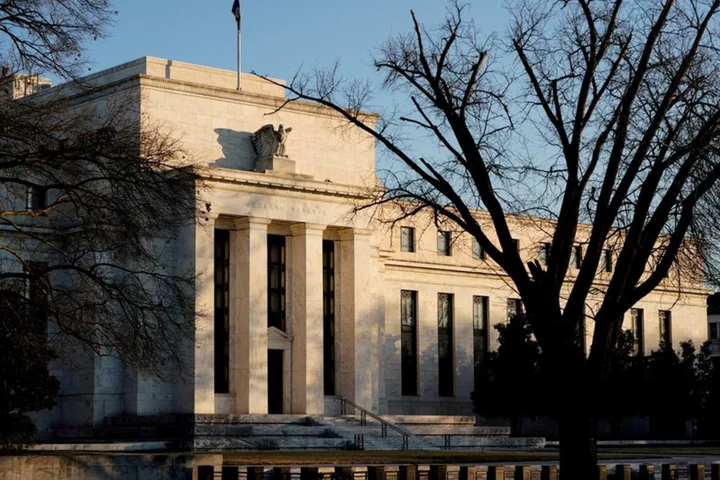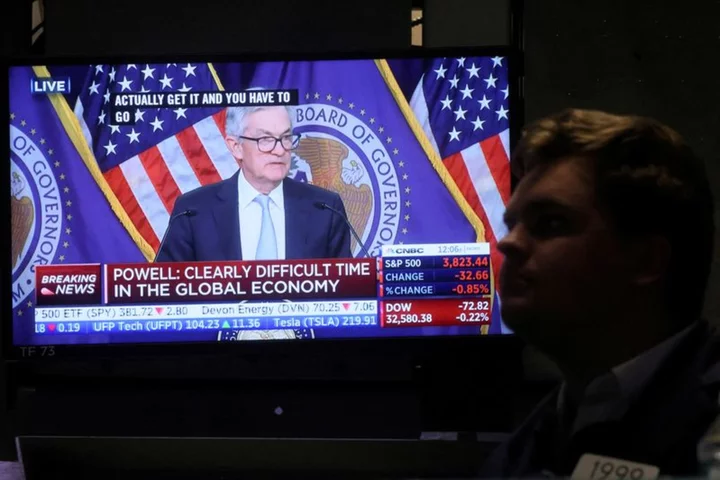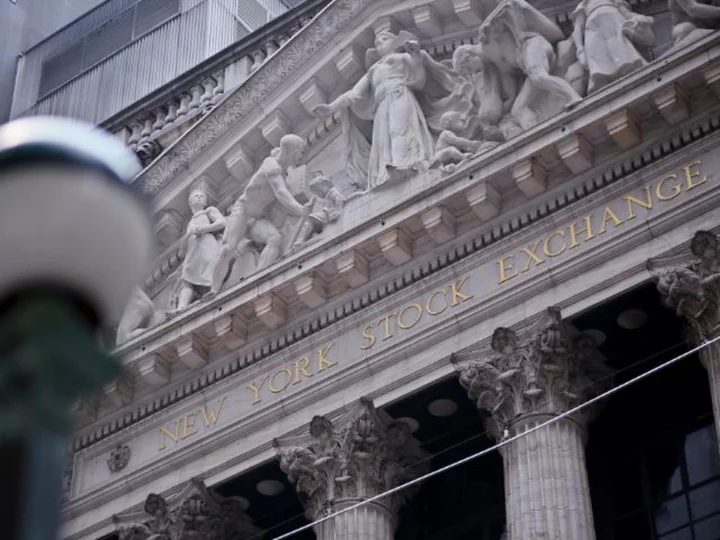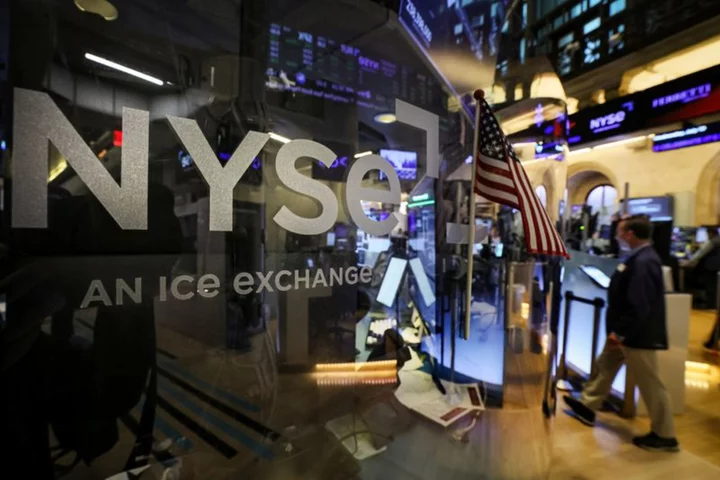By Paritosh Bansal
In recent weeks top U.S. officials have raised concerns over a hedge fund trade that profits from tiny price differences in Treasuries, worried it could present a risk to financial stability. No one knows, though, how big that trade really is.
Researchers from the U.S. Federal Reserve and the Office of Financial Research (OFR) in late August wrote there were signs that the so-called basis trade had increased this year amid rising interest rates, approaching levels last seen in 2019.
The trade, inherently risky because hedge funds borrow heavily to juice their profits from it, is believed to have worsened market stress at the height of the pandemic in March 2020.
To arrive at the conclusion that the basis trade had ballooned once again, the researchers had to rely on a series of imperfect proxies, rather than data that could directly provide them information about it. That data doesn't exist.
Two market sources, one at a major bank and one at a hedge fund, said they didn't see the trade to be as big in their own books.
Therein lies a problem that has plagued the bedrock of global finance: Some important segments of the $26 trillion Treasuries market operate in the shadows. The lack of visibility makes policymaking harder and more contentious, leaving regulators sometimes with imperfect understanding and blunt tools that many in the industry argue can create new problems.
The problem is not lost on officials, who launched an extensive review of the market in 2021 to improve its resilience and transparency. Their efforts to collect more data are now starting to come together.
The next major milestone is expected early next year, with the OFR planning to finalize a rule to collect data on the largest segment of the short-term financing markets that underpin Treasuries. They currently don't have data about such trading, which happens bilaterally, between brokers and their customers, like hedge funds, through repurchase agreements, or repos.
Taken together with other steps, it will be a major advance in improving regulators' visibility into the market, but it will still leave some gaps.
"It's an issue of degree of transparency," said Darrell Duffie, a Stanford University finance professor who has studied the market in depth.
Duffie said more could be done, but added that the "official sector Treasury market datasets are far more comprehensive now than they were a few years ago."
An industry executive who is familiar with these issues described the work as foundational, but added that "it doesn't solve all the problems." Officials would have more information about transactions, but won't have the motivations behind all the different types of trades.
They would have much better estimates of the basis trade, for example, but they still wouldn't know exactly how big it is.
A Treasury official said the authorities have a lot of data to assess the resilience of the Treasury market and inform policy, and are working toward getting more.
The efforts to enhance the market's resilience are broad-based and long-term, not focused narrowly on specific positions, like the basis trade, the official added.
BASIS TRADES
To understand the progress as well as the limitations, take the case of basis trades. The trade involves hedge funds exploiting the difference between a Treasury security and its derivative in the futures market.
The funds buy the Treasury bond in the secondary market, financing the purchase by borrowing in repo, where they use the bond as collateral.
At the same time, they short the corresponding Treasury futures contract, effectively selling that bond in the future at a higher price than they paid to buy it.
In their analysis, the Fed researchers used data vignettes from different legs of that trade, knitting together information from various regulatory agencies.
The Commodity Futures Trading Commission (CFTC), for example, has data on hedge fund positions in futures markets. The OFR collects information about repo trading that's done through a third party, called central clearing. The data includes information about the type of collateral that is used, which can be a clue to whether the trade could be a basis trade.
The data sources have limitations, which the researchers acknowledged. The CFTC data includes other trades that hedge funds enter into that involve shorting treasury futures, the two industry sources said. And centrally cleared trades are only a small fraction of such hedge fund borrowing, with most happening in the bilateral repo market.
Thanks to their efforts, regulators will have more information in the coming months as these rules are finalized and implemented. The OFR data will provide valuable insights about the bilateral market. This includes the amount of debt, or leverage, hedge funds are using for trades and outstanding positions. The Securities and Exchange Commission is collecting more information about hedge fund positions as well.
But the improvements will only go so far. Regulators will still not see the entirety of the trade, two of the industry sources said. For that, they will need to ask for more information from market participants that allows them to link the different transactions of multifaceted positions like basis trades.
Meanwhile, some market participants worry policy could be flawed. Concerns about leverage has led to debate about proposals that hedge funds argue could lead to fewer intermediaries and raise the government’s debt costs.
At a major Treasury market conference earlier this month, officials underscored the importance of good data.
"'I can’t make bricks without clay,’” New York Fed President John Williams said at the conference, quoting from a Sherlock Holmes novel. "He understood that he first needed to compile the facts before building out the case."
(Reporting by Paritosh Bansal; Editing by Anna Driver)









